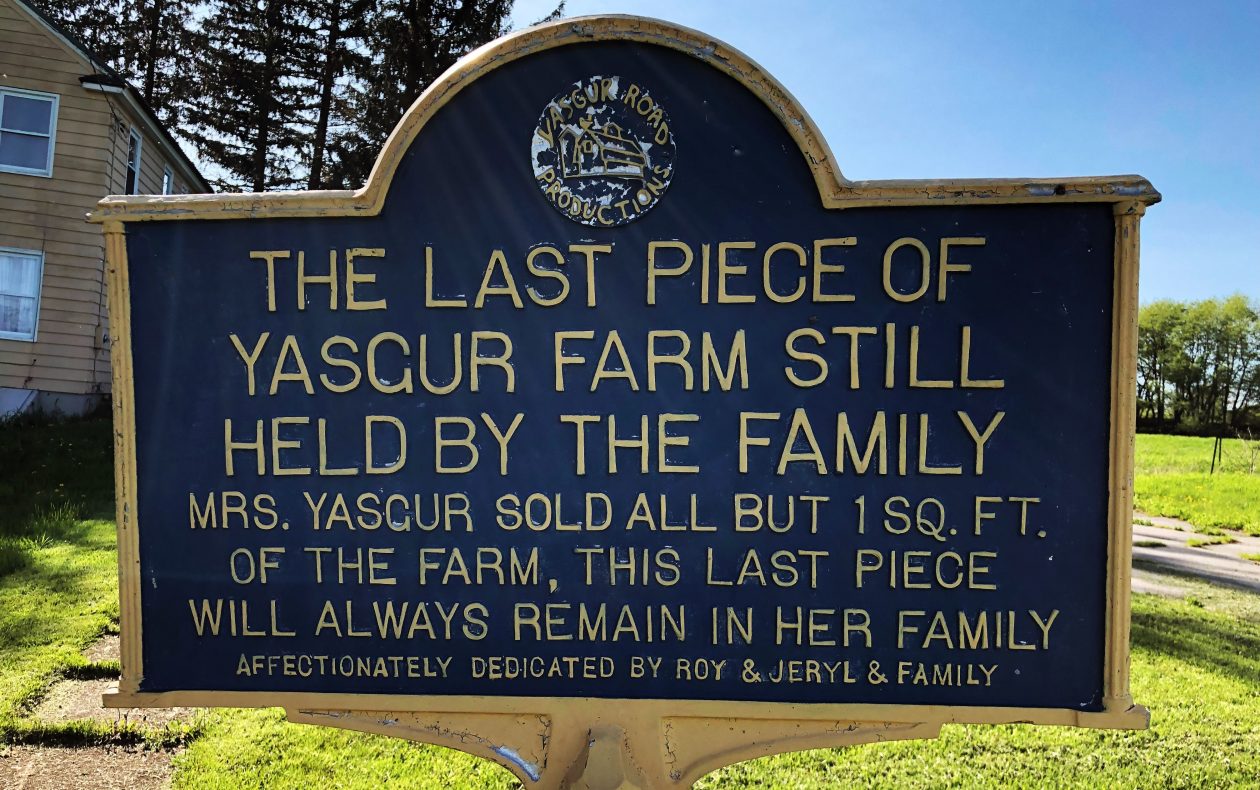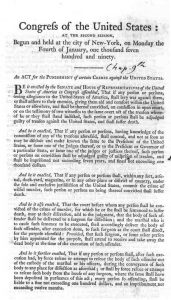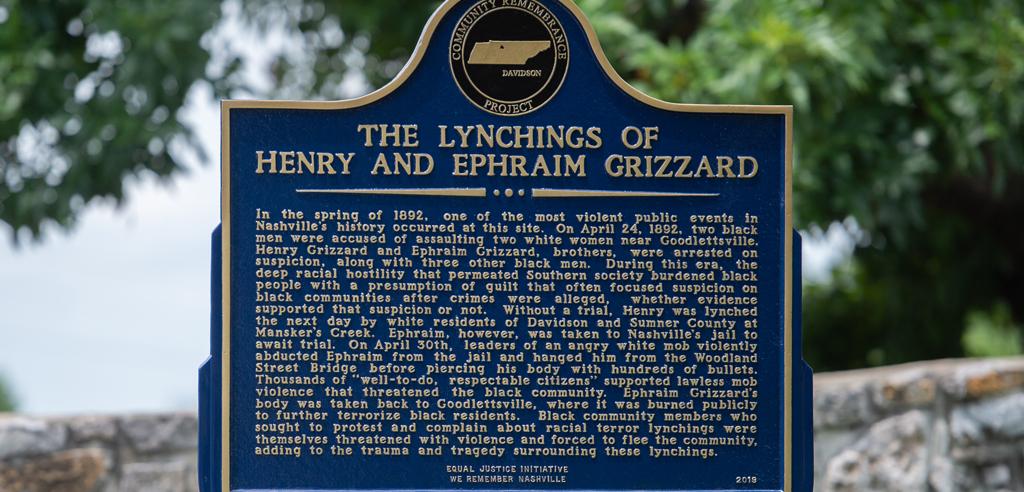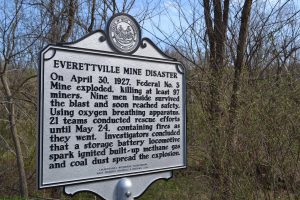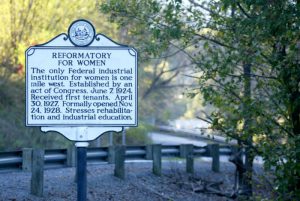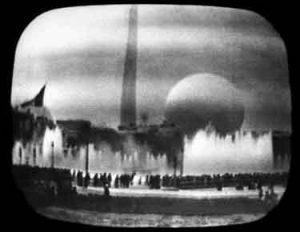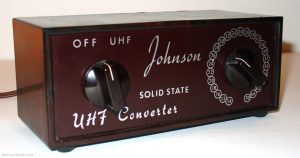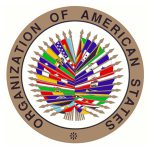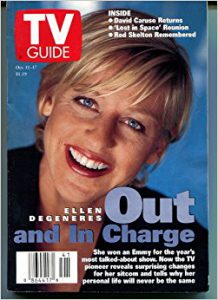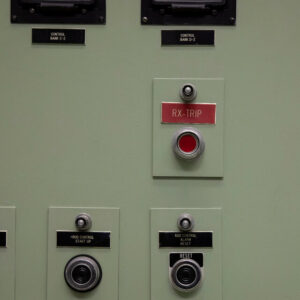April 30 Peace Love Art Activism
DEATH PENALTY
Punishment of Crimes Act
April 30, 1790, the First Congress adopted several bills relating to the federal judiciary or its functions, among them the Punishment of Crimes Act, the first listing of federal crimes and their punishment. In addition to treason and counterfeiting of federal records, the crimes included murder, disfigurement, and robbery committed in federal jurisdictions or on the high seas. The fourth paragraph of the act authorized judges to sentence convicted murderers to surgical dissection after execution. The fifth paragraph provided fines and imprisonment for anyone attempting to rescue a body of an individual sentenced to dissection. (see June 25)
April 30 Peace Love Art Activism
BLACK HISTORY
Ephraim Grizzard lynched
April 30, 1892: a white mob lynched an African American man named Ephraim Grizzard in Nashville, Tennessee, two days after the lynching of his brother, Henry. In the middle of the afternoon, the unmasked mob dragged Ephraim Grizzard from the Nashville jail, stripped him naked, beat and stabbed him severely, and then hanged him from the Woodland Street Bridge. As Grizzard’s corpse swayed in the air, members of the mob riddled his body with bullets. Thousands of spectators viewed the brutal scene as Grizzard’s mutilated body was reportedly left on display for almost ninety minutes.
No one was held accountable for either of the brothers’ deaths. [EJI article] (next BH, June 7; next Lynching, sees Oct 13, or see 19th century for expanded lynching chronology)
George Whitmore, Jr
April 30, 1965: Jury foreman Harold B. Hacker told Justine Dominic Rinaldi that the jury was hopelessly deadlocked, with two or three members in favor of conviction and a like number in favor of acquittal. The others, said Hacker, were “confused” as a result of the discredited confession in the Wylie-Hoffert case. Rinaldi declared a mistrial. (see Whitmore for expanded story)
MARTIN LUTHER KING, JR/Vietnam
April 30, 1967: at Ebenezer Baptist Church King spoke against the “triple evils of racism, economic exploitation, and militarism.” (BH, see May 2; Vietnam, see May 13; MLK, see Oct 30)
Rodney King
April 30 – May 4, 1992: dusk-to-dawn curfews enforced in the city and county of Los Angeles. (see May 1)
April 30 Peace Love Art Activism
Anarchism
Criminal Syndicalism Act of 1919
April 30, 1919: California passed the Criminal Syndicalism Act of 1919, making it a felony to encourage or provoke, in any way, violence with a political motivation. It is used to outlaw anti-government speech and to punish outspoken individuals. The act’s main target was the I.W.W. (see September 27, 1919)
Emma Goldman
April 30, 1934: Goldman left NY for Canada (see Goldman for expanded story)
April 30 Peace Love Art Activism
US Labor History
Federal No. 3
April 30, 1927: in West Virginia an explosion roared through the Federal No. 3 mine owned by New England Fuel and Transportation Company of Everettville, Monongalia County. The explosion, the subsequent fire, and gas in the mine killed 111 men. (US mine disaster page article) (see Aug 25)
NLRB
April 30, 2012: the Obama administration’s National Labor Relations Board implemented new rules to speed up unionization elections. The new rules were largely seen as a counter to employer manipulation of the law to prevent workers from unionizing. (see Sept 10)
April 30 Peace Love Art Activism
Feminism
Federal Industrial Institution for Women
April 30, 1927: the Federal Industrial Institution for Women, the first women’s federal prison, opened in Alderson, West Virginia. All women serving federal sentences of more than a year were to be brought there.
Run by Dr. Mary B. Harris, the prison’s buildings, each named after social reformers, sat atop 500 acres. One judge described the prison as a “fashionable boarding school.” In some respects the judge was correct: The overriding purpose of the prison was to reform the inmates, not punish them. The prisoners farmed the land and performed office work in order to learn how to type and file. They also cooked and canned vegetables and fruits.
Reform efforts had a good chance for success since the women sent to these prisons were far from hardened criminals. At the Federal Industrial Institution, the vast majority of the women were imprisoned for drug and alcohol charges imposed during the Prohibition era. (Washington Examiner article) (see June 17, 1928)
Malala Yousafzai
April 30, 2015: ten members of the Taliban gang that shot Malala Yousafzai were sentenced to life imprisonment. Their convictions and life terms were welcomed by Ms Yousafzai’s supporters, but strong doubts remain over whether the man who pulled the trigger has been brought to justice. The attack was believed to have been ordered by the Taliban leader Maulana Fazlullah to punish her for her high-profile campaign against the Taliban’s edict, including a blog on the BBC website. ( Feminism & MY, see June 5)
April 30 Peace Love Art Activism
FREE SPEECH
Committee for the Suppression of Irresponsible Censorship
April 30, 1927: a group of more than forty noted authors organized the Committee for the Suppression of Irresponsible Censorship to fight the censorship of literary works around the country. Members included the poet Edgar Lee Masters, journalist William Allen White, historian Hendrick Van Loon, novelist Mary Roberts Rinehart, among others. They cited a censorship “wave of hysteria sweeping over the country.” (NYT article) (see May 16)
William French
April 30, 1961: the arrest of William French, a student, at a demonstration by folk-music fans in Washington Square Park nearly set off a riot. It also raised charges of police brutality. (see NYC Bans for expanded story)
April 30 Peace Love Art Activism
Technological Milestones
FDR on TV
April 30, 1939: President Franklin D. Roosevelt became the first chief executive to appear on TV. Roosevelt spoke at the opening ceremonies of the New York World’s Fair in Flushing, NY on WNBT in New York. (see Aug 26)
UHF
April 30, 1964: TV sets would be drastically different after a ruling by the FCC stating that all TV receivers should be equipped to receive both VHF (channels 2-13) and the new UHF(channels 14-83). As a result, TV dealers scrambled to unload their VHF-only models as fast as possible. Antenna manufacturers were kept busy, as the new UHF receivers required new antennas too. (see Oct 12 – 16)
April 30 Peace Love Art Activism
Cold War
Organization of American States
April 30, 1948: the United States and 20 Latin American nations signed the charter establishing the Organization of American States (OAS). The new institution was designed to facilitate better political relations between the member states and, at least for the United States, to serve as a bulwark against communist penetration of the Western Hemisphere. (OAS site) (see May 1, 1948)
April 30 Peace Love Art Activism
Pledge of Allegiance
Knights of Columbus
April 30, 1951: the Knights of Columbus, the world’s largest Catholic fraternal service organization, had begun to include the words “under God” in the Pledge of Allegiance. On this date in New York City the Knights of Columbus Board of Directors of adopted a resolution to amend the text of their Pledge of Allegiance at the opening of each of the meetings of the 800 Fourth Degree Assemblies of the Knights of Columbus by addition of the words “under God” after the words “one nation.” Over the next two years, the idea spread throughout Knights of Columbus organizations nationwide.
Newdow v United States
April 30, 2003: the Bush administration appealed to the Supreme Court to preserve the phrase “under God” in the The Pledge of Allegiance recited by school children. Solicitor General Theodore Olson said that “Whatever else the (Constitution’s) establishment clause may prohibit, this court’s precedents make clear that it does not forbid the government from officially acknowledging the religious heritage, foundation and character of this nation,” and that the Court could strike down the 9th U.S. Circuit Court of Appeals ruling in Newdow v United States without even bothering to hear arguments. (see Pledge for expanded story)
April 30 Peace Love Art Activism
April 30 Music et al
April 30 – May 6, 1966: “Good Lovin’” by the Young Rascals #1 on the Billboard Hot 100.
April 30 Peace Love Art Activism
Vietnam
Cambodian Invasion
April 30, 1970: President Nixon announced a joint U.S.-Saigon offensive into Cambodia. The goal: to drive North Vietnamese forces from Cambodia. (see May 1)
Fall of Saigon
April 30, 1975: at dawn, the last Marines of the force guarding the U.S. embassy lifted off. Only hours later, looters ransack the embassy and North Vietnamese tanks rolled into Saigon, ending the war. In 15 years, nearly a million NVA and Vietcong troops and a quarter of a million South Vietnamese soldiers died. Hundreds of thousands of civilians had been killed. (see Fall for expanded story; next Vietnam see July 2, 1976)
April 30 Peace Love Art Activism
Watergate Scandal
Daniel Ellsberg/Pentagon Papers
April 30, 1973: after being confronted by Ellsberg’s defense lawyers, Judge Byrne admitted to meeting with Ehrlichman earlier in the month.
Resignations/Firing
Nixon’s top White House staffers, H.R. Haldeman and John Ehrlichman, and Attorney General Richard Kleindienst resigned over the scandal. White House counsel John Dean was fired. (see Papers for expanded story)
Nixon tapes
April 30, 1974: The White House released more than 1,200 pages of edited transcripts of the Nixon tapes to the House Judiciary Committee, but the committee insisted that the tapes themselves must be turned over. (see Watergate for expanded story)
April 30 Peace Love Art Activism
Clarence Earl Gideon
April 30, 1980: made for TV movie and a Hallmark Hall of Fame presentation, Gideon’s Trumpet, aired on CBS. The moved starred Henry Fonda as Clarence Earl Gideon, José Ferrer as Abe Fortas and John Houseman as Earl Warren (though Warren’s name was never mentioned in the film; he was billed simply as “The Chief Justice”). Houseman also provided the offscreen closing narration at the end of the film. Lewis himself appeared in a small role as “The Reporter”. (see Gideon for expanded story)
April 30 Peace Love Art Activism
Falklands War
April 30, 1982: British task force arrived and set up a 200-mile exclusion zone surrounding Falklands. (see May 2)
April 30 Peace Love Art Activism
LGBTQ
Ellen
April 30, 1997: in a widely publicized episode of the ABC sitcom Ellen, TV character Ellen Morgan (played by Ellen DeGeneres) announced that she was gay, making Ellen the first prime-time sitcom to feature an openly gay leading character. (see May 9)
April 30 Peace Love Art Activism
CLINTON IMPEACHMENT
April 30, 1998: in his first news conference since the Lewinsky scandal broke, the president lashed out at Independent Counsel Ken Starr charging that he heads a “hard, well-financed, vigorous effort” to undercut the president. Clinton repeatedly declines to elaborate on his relationship with Lewinsky. (see Clinton for expanded story)
April 30 Peace Love Art Activism
AIDS
April 30, 2000: President Clinton declared that HIV/AIDS was a threat to U.S. national security. (see Oct 20)
April 30 Peace Love Art Activism
Nuclear/Chemical News
ICAN
April 30 2007: the International Campaign to Abolish Nuclear Weapons [ICAN] is launched internationally during the Treaty on the Non-Proliferation of Nuclear Weapons preparatory committee meeting in Vienna. (Nuclear & ICAN, see May 28, 2010)
Indian Point
April 30, 2021: the third and final nuclear reactor at Indian Point Power Plant in Buchanan, N.Y., just 30 miles north of Manhattan shut down. The plant had been active for 59 years. [NYT article] (next N/C N, see January 30, 2022)
April 30 Peace Love Art Activism
Iraq War II
April 30, 2009: British troops ended six years of combat operations in Iraq, Prime Minister Gordon Brown announced. Since the 2003 U.S.-led invasion, 179 British service personnel had been killed in Iraq. (see May 21)
April 30 Peace Love Art Activism
Native Americans
April 30, 2018: a parent participating on a tour at Colorado State University called campus police because she was nervous about the presence of Thomas Kanewakeron Gray and his brother Lloyd Skanahwati Gray, two young men who had joined the tour while it was in progress.
Police responded to the call by contacting the young Native American men, who were visiting from New Mexico, during the tour.
The police spoke with the students, confirmed they were part of the tour, and allowed them to rejoin the group. Unfortunately, due to the location of the tour when the contact was made, the Admissions tour guide was unaware that police had been called or responded, and the tour group had moved on without the students, returned home to New Mexico.
“We drove seven hours to pretty much get the cops called on us,” said Thomas. [CSU apology] [NYT article] (see May 21)
April 30 Peace Love Art Activism
Cannabis
April 30, 2024: the Justice Department confirmed that the Drug Enforcement Administration (DEA) had agreed with the top federal health agency and proposing to move marijuana from Schedule I to Schedule III under the Controlled Substances Act (CSA).
The decision came more than 50 years after cannabis was first listed as a strictly prohibited drug, on par with heroin and defined as a substance with no known medical value and a significant abuse potential. [MM article] (next Cannabis, see or see CAC for expanded chronology)
